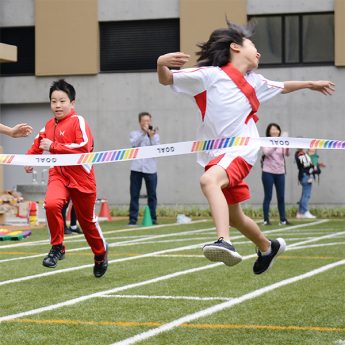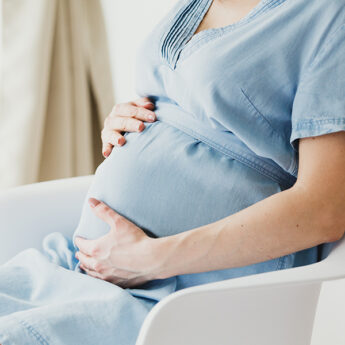Public health campaigns in the UK have consistently maintained a high level of awareness regarding the signs of meningitis and, as a consequence, British parents will usually seek medical advice quickly if their children show some of the classic warning signs—high temperature, vomiting, headache, a blotchy rash, neck stiffness and drowsiness. Equally, doctors providing primary care, as well as those in accident and emergency hospital departments, in the UK are trained in the importance of treating potential meningitis cases with the utmost urgency.
However, British parents concerned about meningitis who go to a Japanese hospital may find that their doctor doesn’t realise that wanting to exclude meningitis is a major reason for their visit. This is mostly because meningococcal infections—which cause some of the most severe meningitis cases in younger children and babies—are much less common in Japan than in the UK. In fact, most doctors trained in Japan will have little or no clinical experience of meningococcal disease.
“Meningitis” is an umbrella term referring to any infection of the meninges, the membranes surrounding the brain and spinal chord. Meningococcus—scientific name, Neisseria meningitidis—is a bacterium that normally lives in the nose and throat of healthy people, but occasionally breaks into the bloodstream, with devastating consequences.
All types of meningitis cause severe symptoms, but meningococcal infections carry a much higher risk of death or permanent disability than, for example, viral meningitis. Because of this and because the UK has historically experienced relatively high rates of meningococcal infections compared with other developed countries, combating this disease has been a high priority for decades.
The UK’s continuing battle against meningococcal infections played out in a particularly dramatic manner in the UK media earlier this year. Bexsero, a new vaccine to protect against Meningococcus B (Men B), one of the most prevalent strains of the disease, was introduced as a universally available vaccine in September of 2015.
This is an expensive vaccine and, as such, public funding for it was limited to those at the highest risk of infection—children up to 12 months old. While older children can become infected with Men B, it was not deemed cost effective to offer vaccinations beyond the first year of life.
Babies in the UK are currently vaccinated against Men B three times: at two, four and 12 months. In addition, they receive a vaccine against Men C at three and 13 months. As with Bexsero for Men B, the UK was the first country to introduce universal Men C vaccination for children, in 1990.
Shortly after the introduction of Bexsero, the parents of Faye Burdette, a two year old who tragically died of Men B this February, called for the vaccine to become available more widely. A parliamentary petition was launched, entitled “Give the Meningitis B vaccine to ALL children, not just newborn babies”, and attracted a then-record number of signatures—over 800,000 by the time the petition closed.
In the end, though, the conclusion of the parliamentary debate that followed the petition was not to extend funding for Bexsero. The current strained nature of public health finances no doubt had a bearing on this decision.
Currently, Japan does not offer routine vaccination during childhood against either Men B or Men C. But, given the very low rates of meningococcal infection, this should not be of special concern to parents, unless of course they plan to return to the UK or another country with a higher level of meningococcal disease.
Meningitis infections do occur in Japan, but different bacteria or viruses typically cause them. As such, the best protection for children solely resident in Japan is to complete all of the vaccines provided on the local immunisation schedule.







